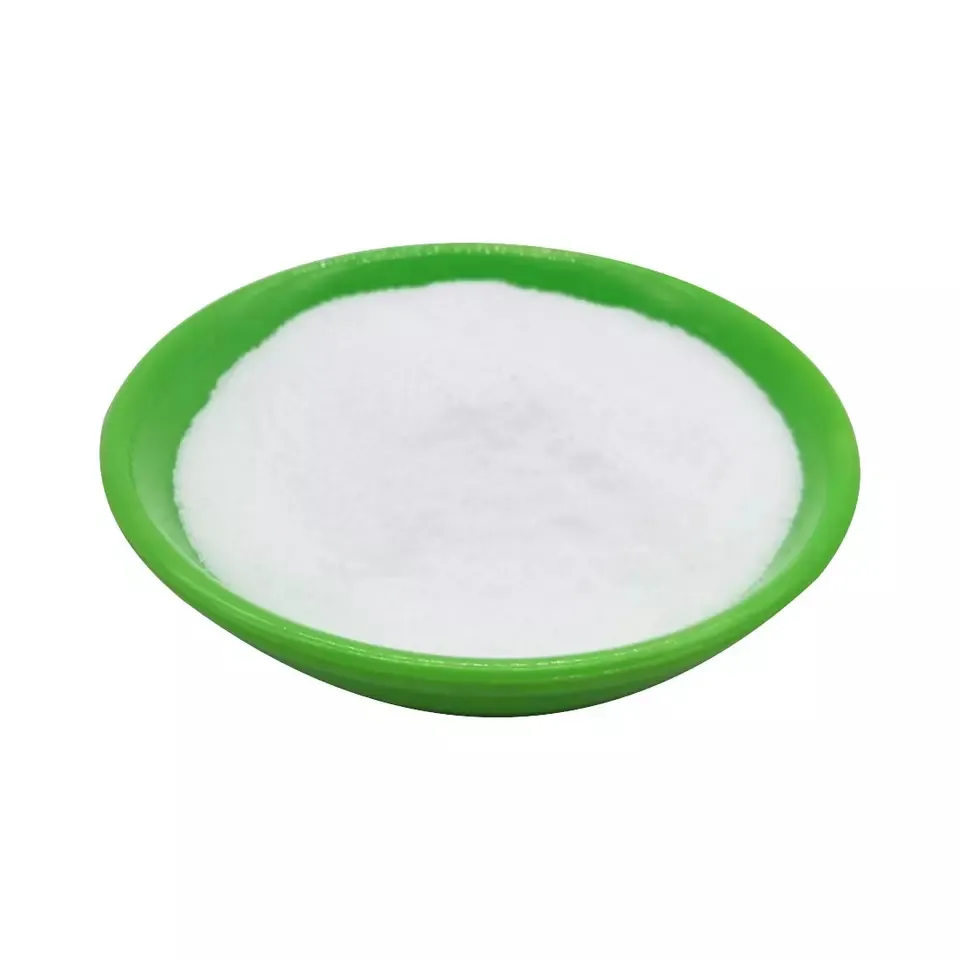Warning: Undefined array key "title" in /home/www/wwwroot/HTML/www.exportstart.com/wp-content/themes/1198/header.php on line 6
Warning: Undefined array key "file" in /home/www/wwwroot/HTML/www.exportstart.com/wp-content/themes/1198/header.php on line 7
Warning: Undefined array key "title" in /home/www/wwwroot/HTML/www.exportstart.com/wp-content/themes/1198/header.php on line 7
Warning: Undefined array key "title" in /home/www/wwwroot/HTML/www.exportstart.com/wp-content/themes/1198/header.php on line 7
- Afrikaans
- Albanian
- Amharic
- Arabic
- Armenian
- Azerbaijani
- Basque
- Belarusian
- Bengali
- Bosnian
- Bulgarian
- Catalan
- Cebuano
- China
- China (Taiwan)
- Corsican
- Croatian
- Czech
- Danish
- Dutch
- English
- Esperanto
- Estonian
- Finnish
- French
- Frisian
- Galician
- Georgian
- German
- Greek
- Gujarati
- Haitian Creole
- hausa
- hawaiian
- Hebrew
- Hindi
- Miao
- Hungarian
- Icelandic
- igbo
- Indonesian
- irish
- Italian
- Japanese
- Javanese
- Kannada
- kazakh
- Khmer
- Rwandese
- Korean
- Kurdish
- Kyrgyz
- Lao
- Latin
- Latvian
- Lithuanian
- Luxembourgish
- Macedonian
- Malgashi
- Malay
- Malayalam
- Maltese
- Maori
- Marathi
- Mongolian
- Myanmar
- Nepali
- Norwegian
- Norwegian
- Occitan
- Pashto
- Persian
- Polish
- Portuguese
- Punjabi
- Romanian
- Russian
- Samoan
- Scottish Gaelic
- Serbian
- Sesotho
- Shona
- Sindhi
- Sinhala
- Slovak
- Slovenian
- Somali
- Spanish
- Sundanese
- Swahili
- Swedish
- Tagalog
- Tajik
- Tamil
- Tatar
- Telugu
- Thai
- Turkish
- Turkmen
- Ukrainian
- Urdu
- Uighur
- Uzbek
- Vietnamese
- Welsh
- Bantu
- Yiddish
- Yoruba
- Zulu
Oct . 08, 2024 12:37 Back to list
Exploring the Health Effects and Controversies Surrounding Aspartame Consumption
Aspartame Understanding the Controversy Surrounding the Sweetener
Aspartame is one of the most widely used artificial sweeteners in the world, known for its ability to provide sweetness without the calories associated with sugar. Initially discovered in 1965 by a chemist named James M. Schlatter, aspartame has since become a staple in various low-calorie and sugar-free products, including beverages, desserts, and chewing gum. However, despite its popularity, aspartame has been the subject of controversy and debate, with discussions focusing on its safety and potential health effects.
Chemically, aspartame is a dipeptide methyl ester composed of two amino acids aspartic acid and phenylalanine. When consumed, aspartame breaks down into its constituent components, including methanol, which is also found in fruits and vegetables. This breakdown process leads to the sweetness that makes aspartame a preferred alternative for sugar in many diets.
The safety of aspartame has been evaluated extensively by various health organizations globally, including the U.S. Food and Drug Administration (FDA), the European Food Safety Authority (EFSA), and the World Health Organization (WHO). According to these organizations, aspartame is safe for human consumption within established daily intake levels. The FDA has set an Acceptable Daily Intake (ADI) for aspartame at 50 milligrams per kilogram of body weight, a threshold that is far higher than what the average person would consume in a day.
Despite the overwhelming consensus among regulatory bodies, controversies have persisted. Critics argue that aspartame may be linked to a range of health issues, including but not limited to headaches, dizziness, gastrointestinal problems, and even more severe conditions like cancer. Concerns have particularly arisen among individuals with a rare genetic disorder called phenylketonuria (PKU), who cannot metabolize phenylalanine effectively, leading to potentially harmful levels in the body.
aspartame

Numerous studies have sought to investigate these claims, with results often indicating no substantial evidence linking aspartame consumption to serious health risks. However, some studies have indicated possible connections to weight gain and an increase in cravings for sweet foods, prompting discussions about the long-term effects of consuming artificial sweeteners on appetite and metabolism.
The debate surrounding aspartame is emblematic of broader discussions about artificial sweeteners in general. While many individuals have embraced these products as tools for weight management and reduced sugar intake, others remain wary, promoting a more natural approach to diet that avoids synthetic additives.
As consumers, it is crucial to stay informed and critically evaluate the information surrounding aspartame and its counterparts. For those considering its use, moderation appears to be key. Understanding one’s body and its responses to various substances can help in making informed dietary choices.
Ultimately, aspartame remains a useful option for many, especially those looking to reduce their caloric intake without sacrificing sweetness. As research continues and new findings emerge, it will be essential to keep an open mind and consult trusted sources when navigating the complex world of food additives.
Latest news
-
Certifications for Vegetarian and Xanthan Gum Vegetarian
NewsJun.17,2025
-
Sustainability Trends Reshaping the SLES N70 Market
NewsJun.17,2025
-
Propylene Glycol Use in Vaccines: Balancing Function and Perception
NewsJun.17,2025
-
Petroleum Jelly in Skincare: Balancing Benefits and Backlash
NewsJun.17,2025
-
Energy Price Volatility and Ripple Effect on Caprolactam Markets
NewsJun.17,2025
-
Spectroscopic Techniques for Adipic Acid Molecular Weight
NewsJun.17,2025

